I use PyCharm/IntelliJ community editions from a wile to write and debug Python scripts, but now I'm trying to debug a Python module, and PyCharm does a wrong command line instruction parsing, causing an execution error, or maybe I'm making a bad configuration.
This is my run/debug configuration:

And this is executed when I run the module (no problems here):
/usr/bin/python3.4 -m histraw
But when I debug, this is the output in the IntelliJ console:
/usr/bin/python3.4 -m /opt/apps/pycharm/helpers/pydev/pydevd.py --multiproc --client 127.0.0.1 --port 57851 --file histraw
/usr/bin/python3.4: Error while finding spec for '/opt/apps/pycharm/helpers/pydev/pydevd.py' (<class 'ImportError'>: No module named '/opt/apps/pycharm/helpers/pydev/pydevd')
Process finished with exit code 1
As you can see, the parameters are wrong parsed, and after -m option a IntelliJ debug script is passed before the module name.
I also tried just put -m histraw in the Script field, but doesn't work, that field is only to put Python script paths, not modules.
Any ideas?

